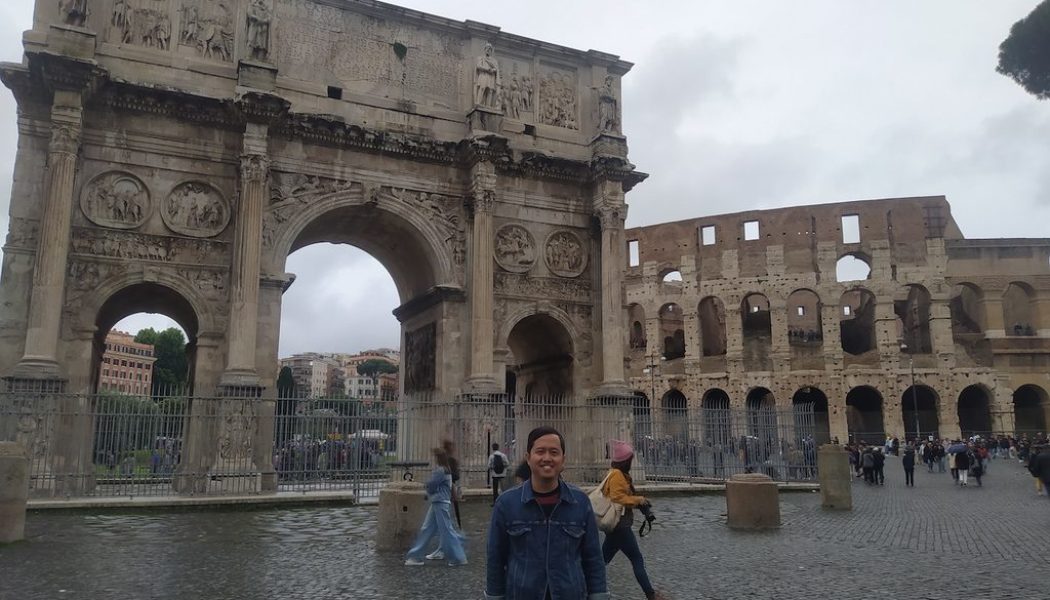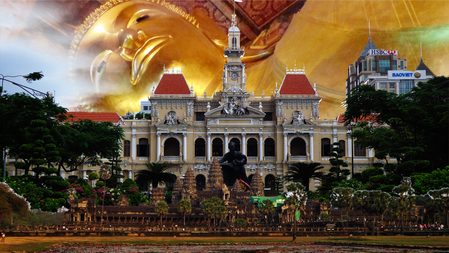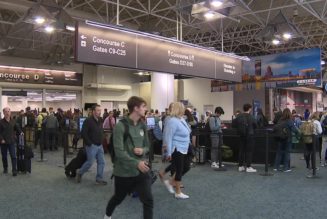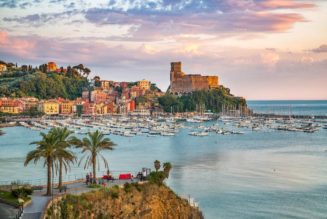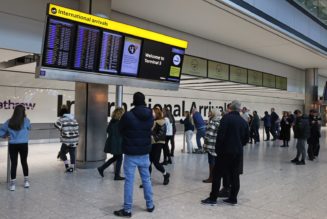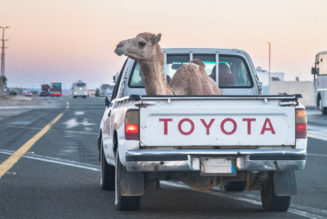If you love to travel, you’d want to visit as many countries as possible. The thrill of waking up in a new city or going through a different airport is a fulfilling experience you can’t get enough of. As a Third World passport holder, however, there are countries we can’t visit without applying for a visa first. Japan, South Korea, France, Italy, Canada, and others may seem out of reach because you’ll need a visa to visit.
However, it’s possible to visit these countries if you meet the embassy’s requirements. I’ve gotten visas from Canada, Japan, South Korea, China, Turkiye, Russia, and the Schengen zone. I’ve also had my share of visa refusals (US and Canada), but I’ve soldiered on and tried again.
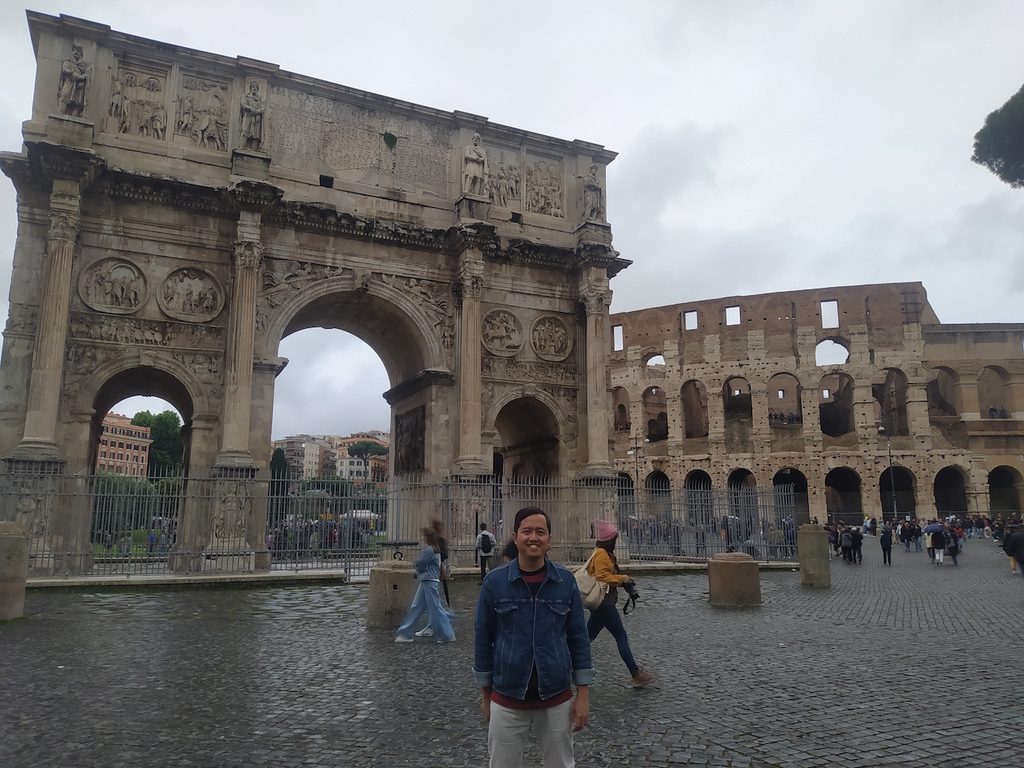
These are some of the tips I can provide you with for your visa applications.
Have complete requirements, period
Embassies will ask a list of requirements from you. These include personal identification such as a birth certificate, a passport, and other government issued IDs, employment or business documents, tax payments, and financial documents. Always submit authentic documents. Embassies have ways to verify the authenticity of all the documents you submit. A missing document or a suspicious one is a factor when they decide to approve or refuse your application. In some cases of incomplete requirements, you can include a cover letter discussing the reason you don’t have a particular document. However, this doesn’t guarantee that an embassy will approve your application. It’s better to submit all the requirements an embassy asks for. While unnecessary, you can also include the reasons you’re traveling in your cover letter.
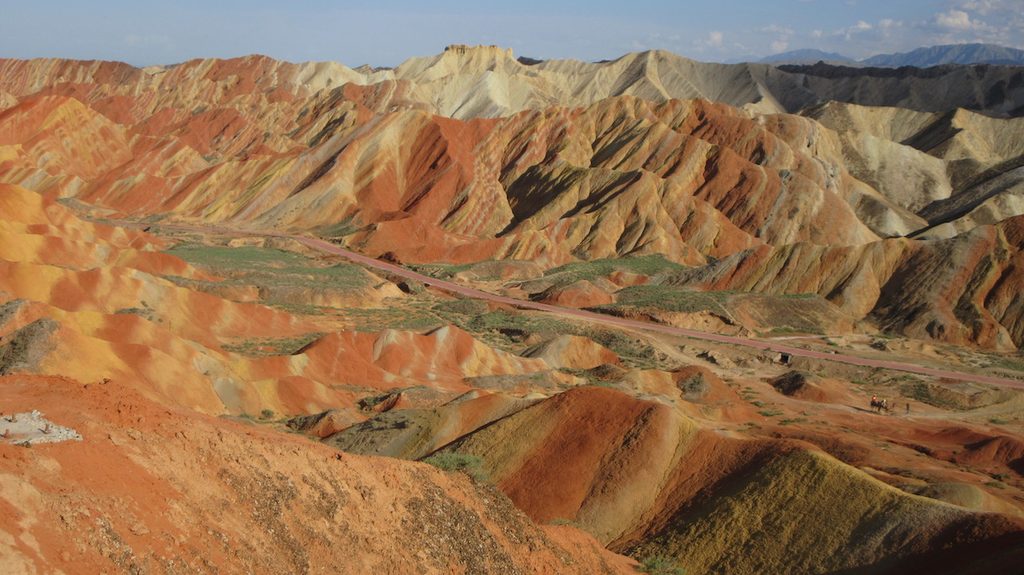
Be very clear about your trip’s purpose
Embassies sometimes deny a visa applicant because their purpose of traveling to a particular country is unclear. They have doubts if you are entering as a tourist, have plans on visiting family, or are looking for work. There are different visa types for short-term tourists and for those planning to work in a certain country. Your reason for visiting their country should be clear from the beginning. You can prove this with the documents you submit, such as travel history, rootedness, and financial capability. If you’re going to visit family, you’ll have to include information about them.
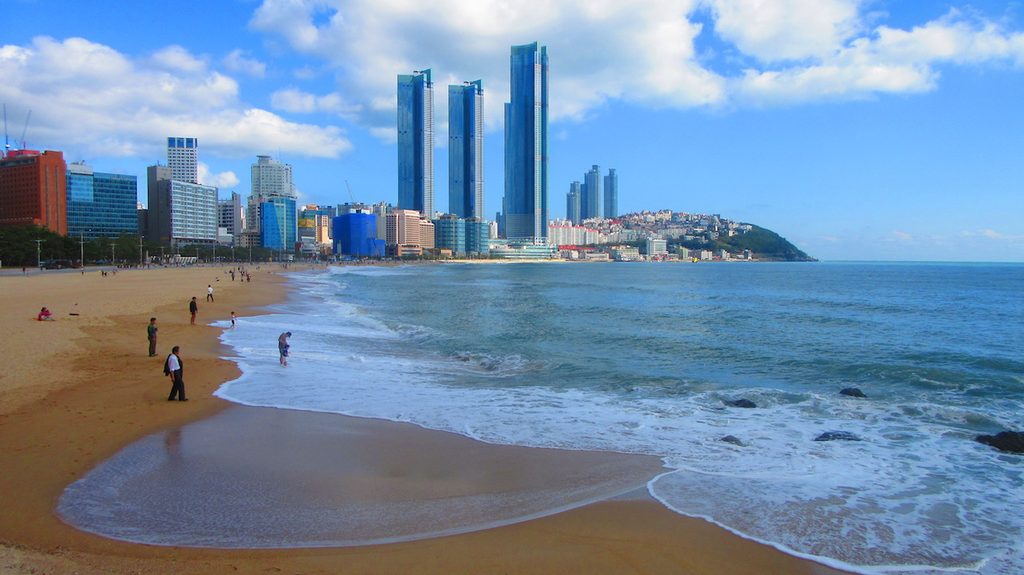
In some application forms, you’ll have to mention if you’ve been a resident of a different country. Some embassies will also ask if you’ve been refused a visa before. You might have to provide context as to why you were a resident of a different country and why your visa application was refused. Be truthful in your answers; if you have nothing to hide, an embassy will review your application favorably.
Embassies will also ask for an itinerary of your trip and accommodation bookings. You can be as detailed as you want in your day-to-day itinerary. You can even include the time you’ll go to certain places. I only put a list of the things I’ll do per day. Mention the things you want to do and places to visit, and how you’ll get to destinations. You don’t have to show actual flights or bus or train tickets – a reservation is enough, unless the embassy asks for actual bookings. A researched itinerary shows you put in the effort to learn more about your chosen destinations.
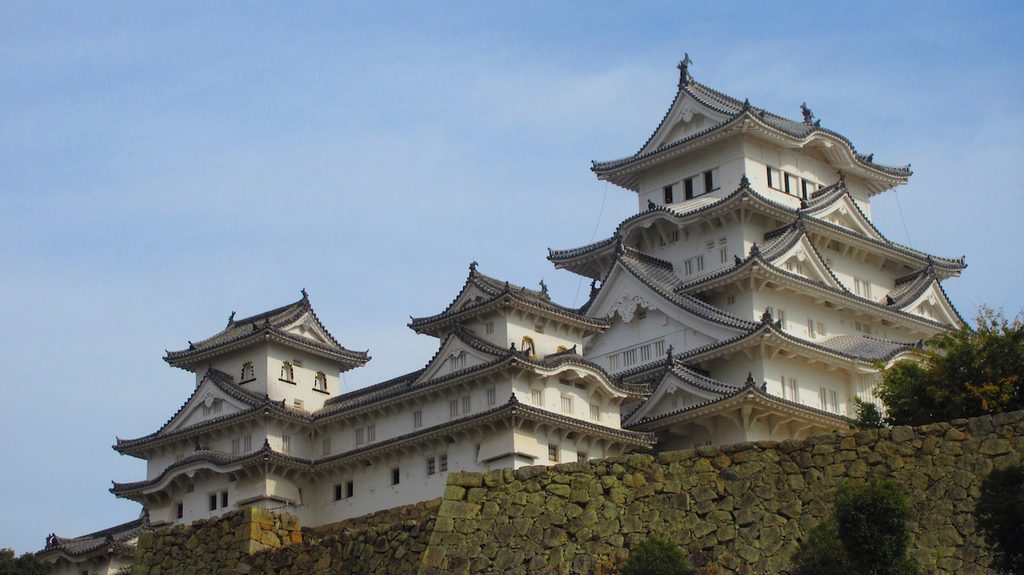
Have a healthy travel history
Traveling to visa-free countries improves the chances of visa approval. Filipino passport holders can visit many countries or territories in the region such as Thailand, Singapore, Malaysia, Indonesia, Hong Kong, Cambodia, Vietnam, Laos, and others. This can be an expensive way to get visa approval for other countries on your bucket list, but you can always book discounted flight tickets to destinations a few hours away from the Philippines. Some of the countries mentioned earlier are affordable places even for Filipinos.
Embassies want to know if you can follow visa rules. Overstaying is a red flag when a consul reviews your application. Returning to the Philippines within the allowable stay shows that you follow visa rules. Travel history doesn’t guarantee visa approval, but it bolsters your case.
Prove your financial capability
Embassies want to know if you can support yourself throughout your trip. Financial documents such as bank statements, credit card statements, and bank certificates are major requirements. There is no definite amount you need to have in your account to increase your chances of getting your application approved.
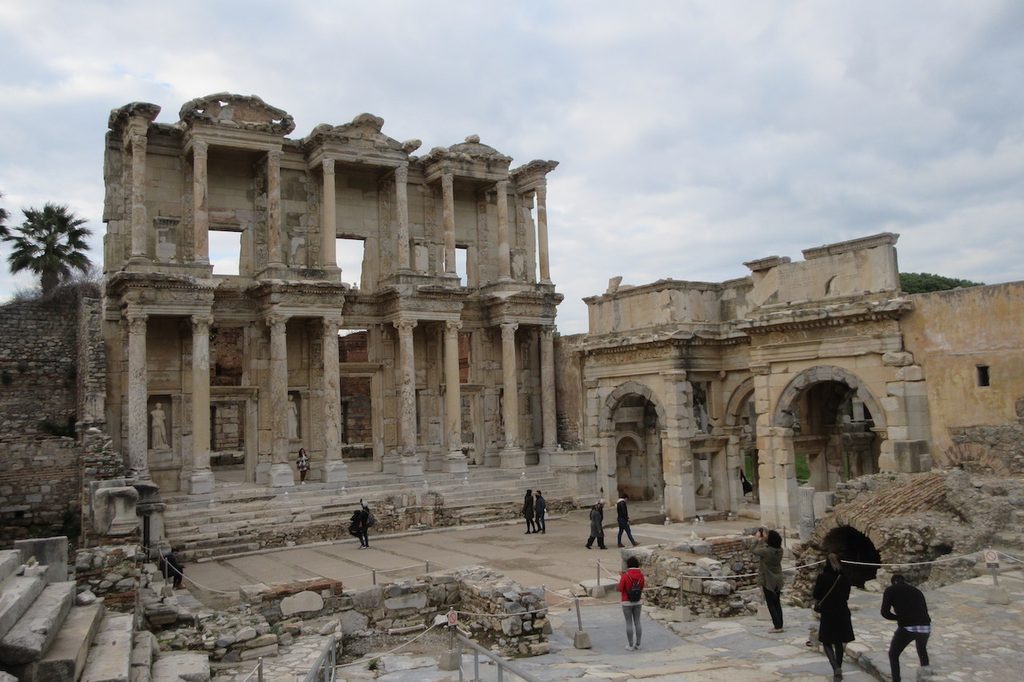
From my experience, the amount in your account should match the things you plan to do during your trip. If you’re planning to visit all the museums, attractions, and theme parks in a country, eat at fancy restaurants, and stay in 5-star hotels, the amount in your account should match your spending habits. If you mostly include free attractions, just one or two paid attractions, and stay in budget accommodation in your itinerary and bookings, you won’t need as much money in your account. You should have enough money for the length of stay you applied for as well. You’ll also need to have enough money left in your account after your trip.
For Schengen visa applications, a budget of €50- €60 per day is generally acceptable for Eastern European countries like Poland, Czechia, Hungary, and others. If you’re visiting Western European countries like France and the Netherlands, increase that daily budget up to €90.
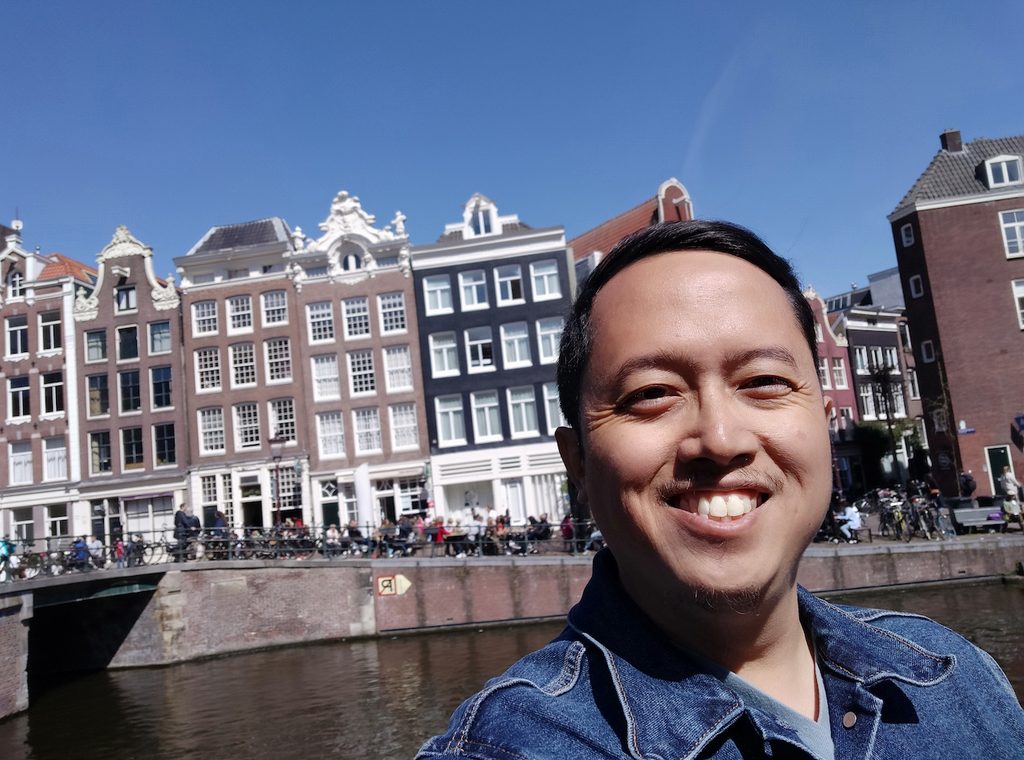
Embassies often ask for bank statements of up to 6 months, but in my experience 3-4 months was usually acceptable. However, a consul might still ask for a 6-month bank statement. The amount in your account should be consistent and match your income. A one-time huge deposit can raise red flags, especially if it doesn’t match the deposits you often make into your account. You can provide multiple bank accounts to an embassy, if you have more than one.
If you don’t have a source of income, you can ask someone to sponsor you. You might have to submit an affidavit of support plus the financial documents of your sponsor and their valid IDs.
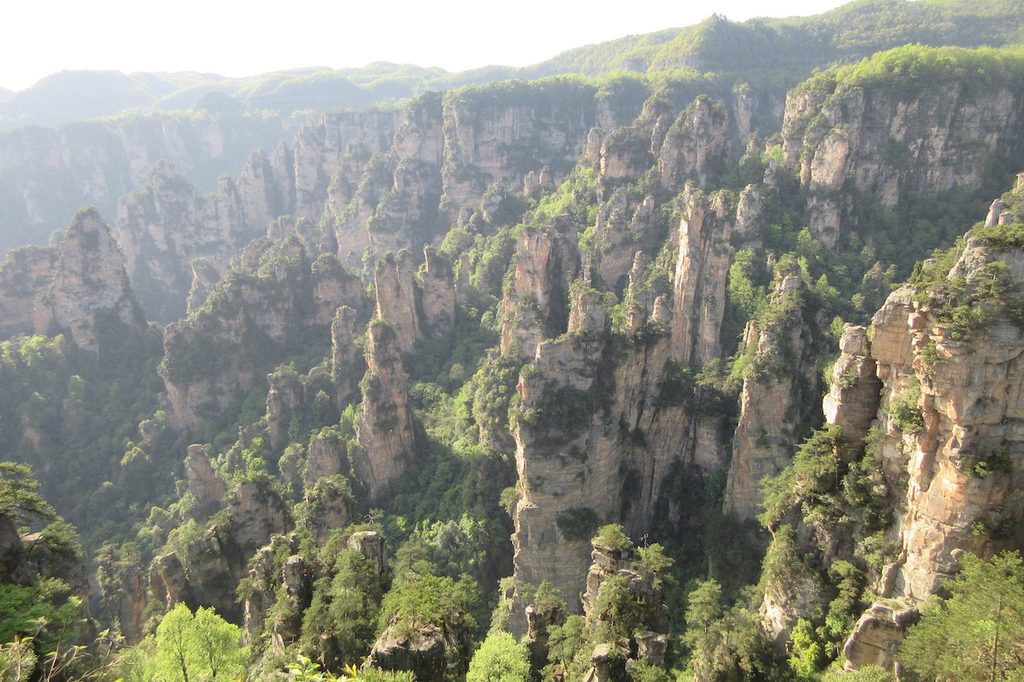
Prove your rootedness
In my experience, rootedness is a major factor in whether an embassy approves or refuses a visa application. You must show you will leave the country you’re applying a visa for within the days they allow you to stay. Rootedness covers various reasons, which include, but are not limited to, the following:
- You have a job to return to.
- You have family to return to.
- You own a house, condominium, rental property, a car, and others.
- You have your own registered business.
- You have investments.
- You’re still studying or in graduate school.
- You’re a frequent traveler but you always return without overstaying in another country.

Back these up with official documents such as property titles under your name, certificate of employment, certificate of approved leave, tax documents, investment documents, business registration, enrolment forms, and others. I’ve gotten visas as a freelancer and a full-time employee, sometimes with six figures in my account and sometimes with less. You must make a convincing case that if you get a visa you won’t overstay. This points to rootedness.
To end, no one can guarantee a visa approval, even if you pay a third-party service provider to process your documents for you. The decision to approve or refuse your visa is solely with the embassy you pass your application to.
Share your own tips in the comments section! Let’s help each other. – Rappler.com
Joshua Berida is a writer that loves to travel. He blogs at www.thewanderingjuan.net.
